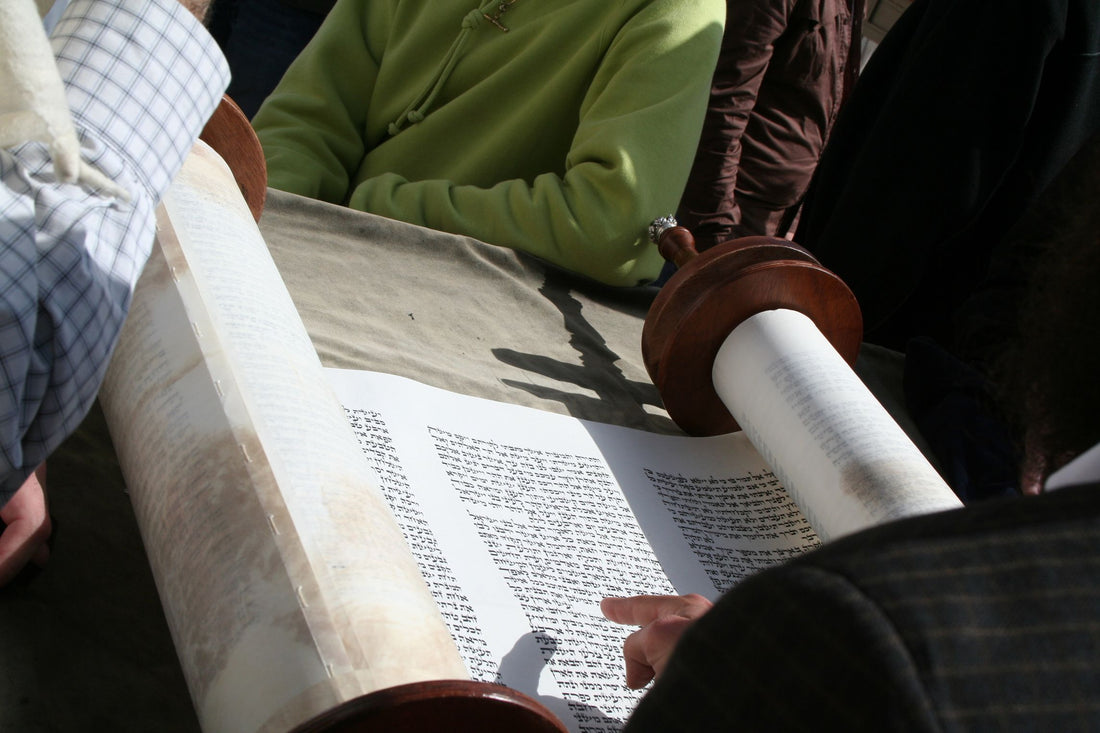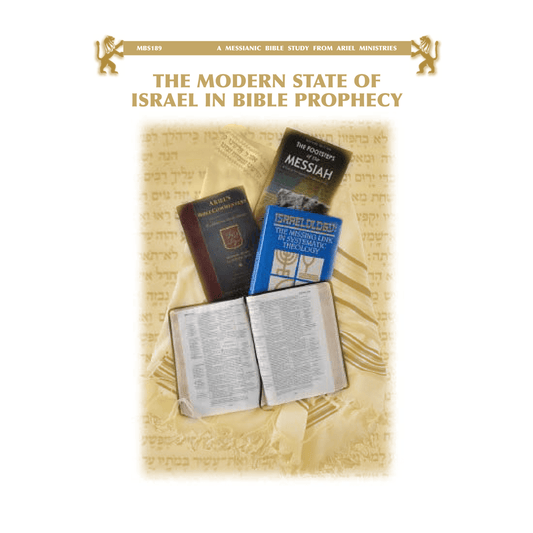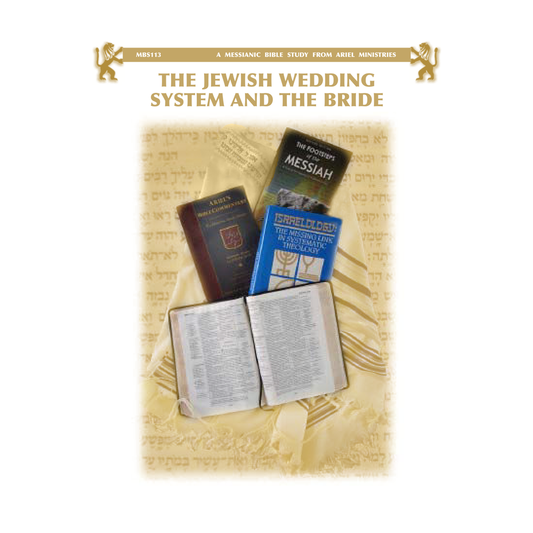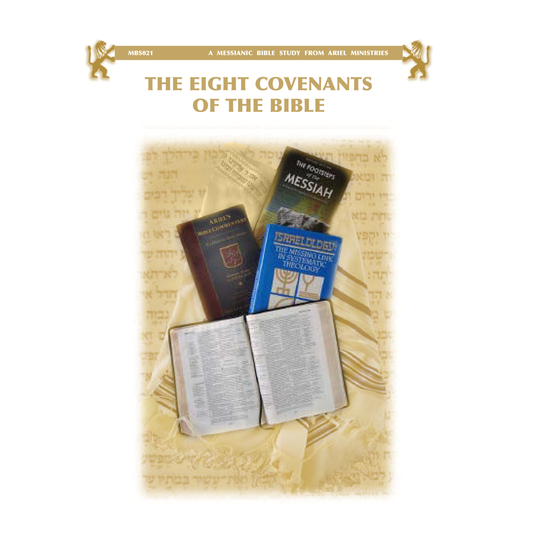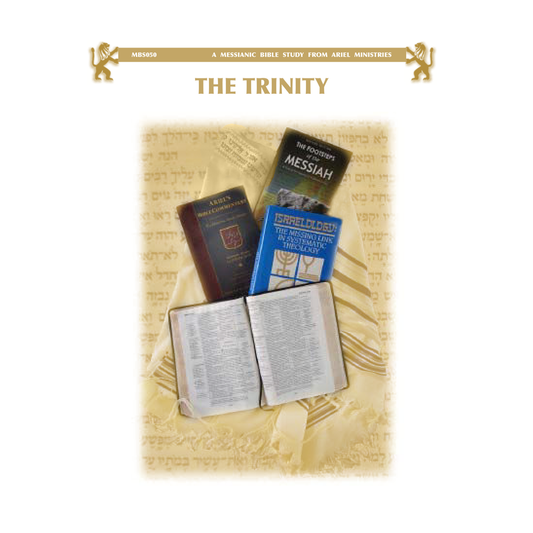Matthew 5:17
Q: In Matthew 5:17, Yeshua said, “Do not think that I have come to abolish the Law or the Prophets; I have not come to abolish them but to fulfill them” (ESV). According to my pastor, the term “fulfill” means “extend.” He says that we are to still follow the Ten Commandments, including the commandment to worship on the Sabbath.
A: In the context of Matthew 5:17, Yeshua’s statement is not limited to the Ten Commandments but includes all 613 commandments. So, if what your pastor said were true (and it is not), then it would apply to the entire Mosaic Law. As for your other questions, the answers are as follows:
- Correctly defined, the Sabbath begins when the sun goes down on Friday evening and lasts until sundown on Saturday. While according to the modern reckoning of time, Saturday night is still Saturday, it is no longer the Sabbath day. Another misconception is that the Sabbath was a day of corporate worship. Nowhere in the Torah will you read that the Sabbath was a day of corporate worship. On the contrary, the Jewish people were to stay home and not travel.
- If we needed to keep the fourth commandment, then we would be obligated to keep the entire Mosaic Law and not just those commandments that we like. Furthermore, your pastor assumes that keeping the fourth commandment involves having Sabbath corporate meetings, but as mentioned in answer #1, there was no law to worship corporately on the Sabbath day. In fact, corporate worship was only commanded for the three key festivals of Passover, Weeks, and Tabernacles.
- Concerning the specific meaning of Matthew 5:17, Yeshua said that He came “to fulfill.” The Greek term here is pleroo. Matthew uses it consistently in reference to fulfilling prophecy and so bringing it to an end. Matthew 1:22-23- states that the prophecy of Isaiah 7:14 was fulfilled, that this brought the prophecy to an end, and thus nothing in the future could fulfill it. “To fulfill” meant to accomplish what prophecy demanded, while “to abolish” meant “to fail to fulfill it.” Yeshua came to fulfill the law, but the Law of Moses did not end with the coming of the Messiah nor by His life, but by His death.
- The Law of Moses has been disannulled, and we are now under a new law. This new law is called “the Law of Messiah” in Galatians 6:2 and “the Law of the Spirit of Life” in Romans 8:2. This is a brand-new law, totally separate from the Law of Moses. The Law of Messiah contains all the individual commandments from Messiah and the apostles applicable to a New Testament believer.
I discussed the topic of the Law of Moses extensively in the following three publications, available at www.ariel.org.au:


